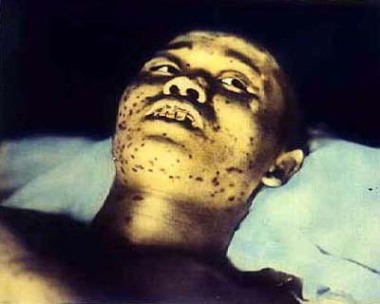Iain Elliot

Dr. Iain Elliot was associate director of the CIA-funded Radio Liberty and former editor of Soviet Analyst. Elliot was also a member of the British American Project for a Succesor Generation, and also wrote for the Centre for Policy Studies in the mid-80s with Urban (below). According to Tom Easton, Elliot attended a 1988 meeting of BAP The 1988 gathering was described by Tory MP David Willetts, (previously director of studies at the Centre for Policy Studies):
‘The object of the conference is to enable bright young people from the United States and the United Kingdom to get to know each other in a friendly environment. This will help reinforce Anglo-American links, especially if some members already do, or will eventually, occupy positions of influence.’
Elliot wrote the IEDSS’ ‘Protest and perish: A critique of unilateralism’, with Philip Towle and Gerald Frost. At at the same time as Michael Howard wrote the Encounter: ‘Surviving a protest: a reply to E P Thompson’s polemic’.
In the late 1980s At Radio Free Europe/Radio Liberty archive, Elliot’s exchanges between Walter Alan Levin, program coordinator, National Strategy Information Center, Inc., William Marsh and Leonard R. Sussman, Freedom House, on matters of “Disinformation: Soviet Active Measures and Disinformation Forecast” (Winter 1989, No. 11) show the gathering of key anti-communist groupings. More recently Elliot has been involved with the Centre for Research into Communist Economies (CRCE) which was founded in 1983 by Ljubo Sirc, the late Ralph Harris of the Institute of Economic Affairs and the late Sir Antony Fisher, Founder of the Atlas Economic Research Foundation. In 1996 it was renamed the Centre for Research in Post-Communist Economies. The CRCE states it carries out research into the “problems of communist economies and in economies making the transition from communism to democracy and market economies. Much of the Centre’s work relates to Central and Eastern Europe.” At one of their events Elliot remarked of his experience as deputy director of Radio Liberty and its broadcasts during the Hungarian uprising of 1953: “It is accepted that some of the broadcasting was not desirable […]this is not something that the radios are proud of.” He then made some comments on an unspecified article in The Scotsman:
The author was talking about Hungary in 1956, and suggested that the Soviet army could not have been expected to act in any other way, nor could the leaders. They had to do what they did. The real villains of the peace were RFE and Radio Liberty who, acting for the CIA, performed this terrible role. So this row is still going on. It is an issue that still goes on. I suspect in Hungary there is a slightly more balanced attitude to it.
The event was a 2006 book launch was at the House of Commons. Sir John Biggs-Davison, MP was host and the Rt. Hon. Julian Amery, MP was guest speaker. (On Biggs-Davison’s relation to the IEDSS network see the profile on David Bowan).
Elliot is also involved with the GB-USSR Association and to The Britain-Russia Centre which is funded by the Foreign Office (£225,000 ) and incorporates the British East-West Centre and “promotes high level contacts with Russia and the other republics of the former Soviet Union and furthers the development of democratic institutions through visits, seminars and training workshops.” As director Elliot receives £45,983, the chairman is Sir Rodric Braithwaite. It is part of several FCO funded organisations which engage in ‘public diplomacy’ and ‘democracy promotion’ in the former Soviet Union which overlap with Human Rights and Charity Work, including: Charity Aid Foundation, British Council, Westminster Foundation for Democracy, Responding to Conflict, The London Information Network on Conflicts and State-Building, International Alert, Inter-Rights, Transparency International and so on. Here, ironically he writes on “Media Manipulation in Ukraine.”
He is the author of (1975) The soviet energy balance, published by Praeger Publishers in New York (1974) and Pall Mall Press, in the UK. Praeger were said to be subsidised by the CIA. He is also the director of the consultancy East-West Insight, and has participated in observer missions to elections in most countries of the former Soviet Union, and prepared presentations at Chatham House.
He is also Director of the British East-West Centre and has had some input into the Dusseldorf-based European Institute for the Media’s media-monitoring in Armenia with financing from the European Union’s TACIS Democracy Programme. Sources say he conducted “a series of interviews with politicians, journalists and other prominent people.”
*Back to the The Institute for European Defence and Strategic Studies
October 12, 2015 at 5:06 pm
Note that Iain Elliot attended the June 1983 meeting of https://wikispooks.com/wiki/Le_Cercle , a super secret CIA-connected deep political milieu. Many members of this group diverted money from illegal arms deals to start up groups to stoke cold war fear and oppose peace groups.